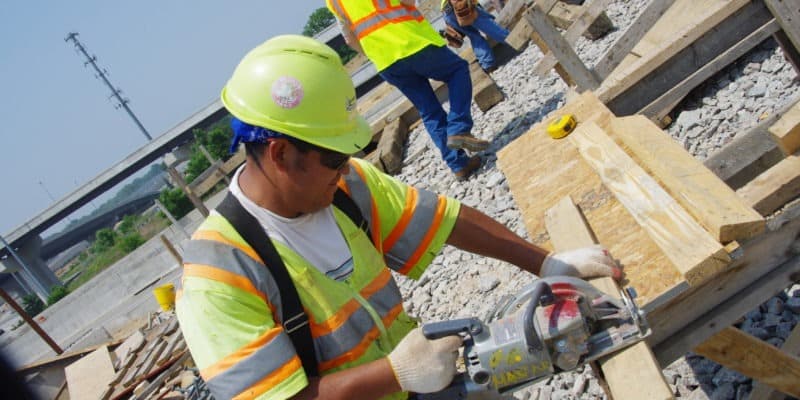Friday, July 26, 2019
The National Law Review
The New York State Assembly and Senate have passed a potentially groundbreaking act (S2844B/A486B) (the “Act”) that would allow current or former employees to obtain liens on their employer’s personal and real property based upon only the mere accusation of wage violations. And it arguably would allow those employees to obtain liens against individuals, including owners, managers and supervisors.
If the Act is signed by Governor Cuomo, New York would join the few states to permit such liens based on an unproven wage violation allegation.
A lien is a legal claim or a right against property. The Act, if passed, would give current and former employees priority in any bankruptcy proceeding involving the employer and, among other things, make it difficult for the employer to sell or transfer ownership of real estate.
The Act would apply to wage claims under both the federal Fair Labor Standards Act (“FLSA”) and the New York Labor Law. That would include claims relating to minimum wage, overtime, spread of hours, call-in pay, uniform maintenance pay, withheld tips, unlawful deductions from wages, or improperly taken meal and tip credits.
The Act defines employer as any person who is an “employer” under the FLSA or New York Labor Law. The definition of “employer” under these statutes is extremely broad – and includes not only the corporate entity that employs the employee, but also managers, executives, supervisors, owners, shareholders, and any other person or entity who exercises control over employees’ working conditions. Thus, this Act creates concerns for anyone who meets this broad definition of “employer.”
Importantly, under the Act, the employee would not have to prove that he or she was underpaid to file the lien. The lien could be filed on the basis of an allegation of underpayment.
If passed, the Act would also streamline the process by which employees could hold the ten largest shareholders of a non-publicly traded corporation, as well as the ten members with the largest ownership interests in a limited liability company personally liable for wage theft.
The Act also contains a provision which would allow employees and their agents to examine a business corporation and LLC’s records to obtain the shareholders’ or members’ names, addresses, and ownership value in the company. In addition, the Act provides that a lien can remain on a property for the duration of a wage lawsuit, which can exert undue pressure on an employer to settle an otherwise defensible, or perhaps even frivolous wage claim.










